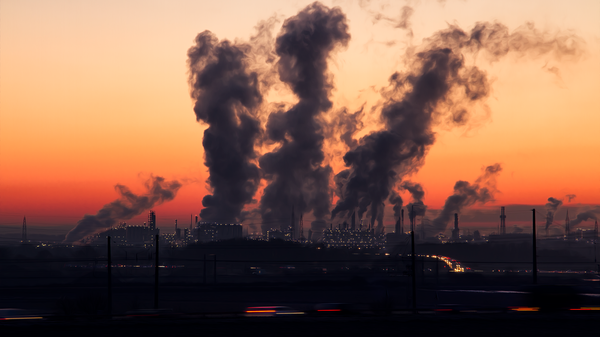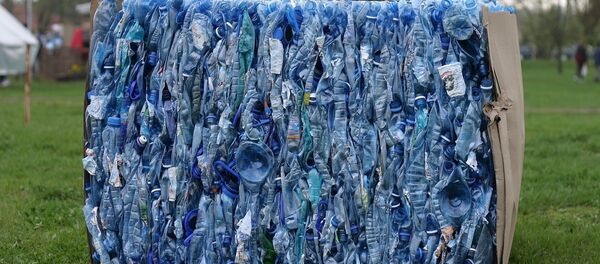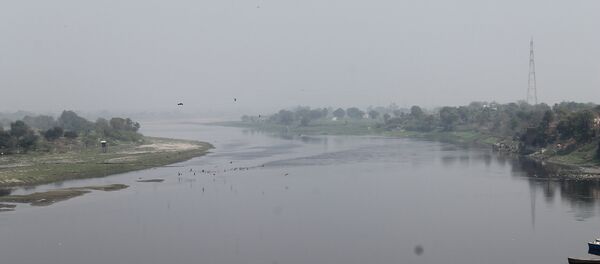The World Health Organization performed a 2014 study of the air quality of the world's cities. Among the 1,600 cities surveyed, Delhi had the absolute worst air quality. Of the bottom 20 cities, 13 of them were in India.
A 2013 study from the US-based Health Effect Institute found that air pollution was the fifth largest killer in India, responsible for over 600,000 annual deaths. Worse, India has seen a 50% increase in premature deaths related to air pollution in the last quarter century according to the Institute of Health Metrics and Evaluation.
In response, the Indian central government (which governs Delhi) has planted millions of trees, introduced modern buses and trains that run on clean-burning fuels, and levied additional taxes and regulations on diesel vehicles.
These measures only managed to offset the trend, not reverse it. Delhi has had some of the world's dirtiest air for over 20 years, climaxing in a three-day stretch in November 2016 where air pollution was so intense that the government declared a state of emergency.
The burning of plastic is a major contributor to air pollution, as it creates toxic fumes such as dioxin and furan. Plastic in general is a thorny issue in waste management, as it takes centuries for it to degrade. Instead it simply breaks down into smaller pieces which still pose a danger to birds and marine life.
The ban has come under fire for poor implementation, however. A cloth bag can be 4-5 times more expensive than a plastic one, which encourages stores to flout the ban to save money. The government has threatened fines on vendors found to be violating the new law, but with 25 million people in Delhi it may prove difficult to successfully enforce the prohibition.
Delhi's air pollution also comes from smoke from stubble burning, in which farmers burn the leftover straw from grain harvests to quickly and cheaply clear the field for the next crop. Other causes are extensive fireworks, construction, and demolition.
Delhi is following in the footsteps of France, who in September 2016 introduced a law to phase out plasticware by 2020.




